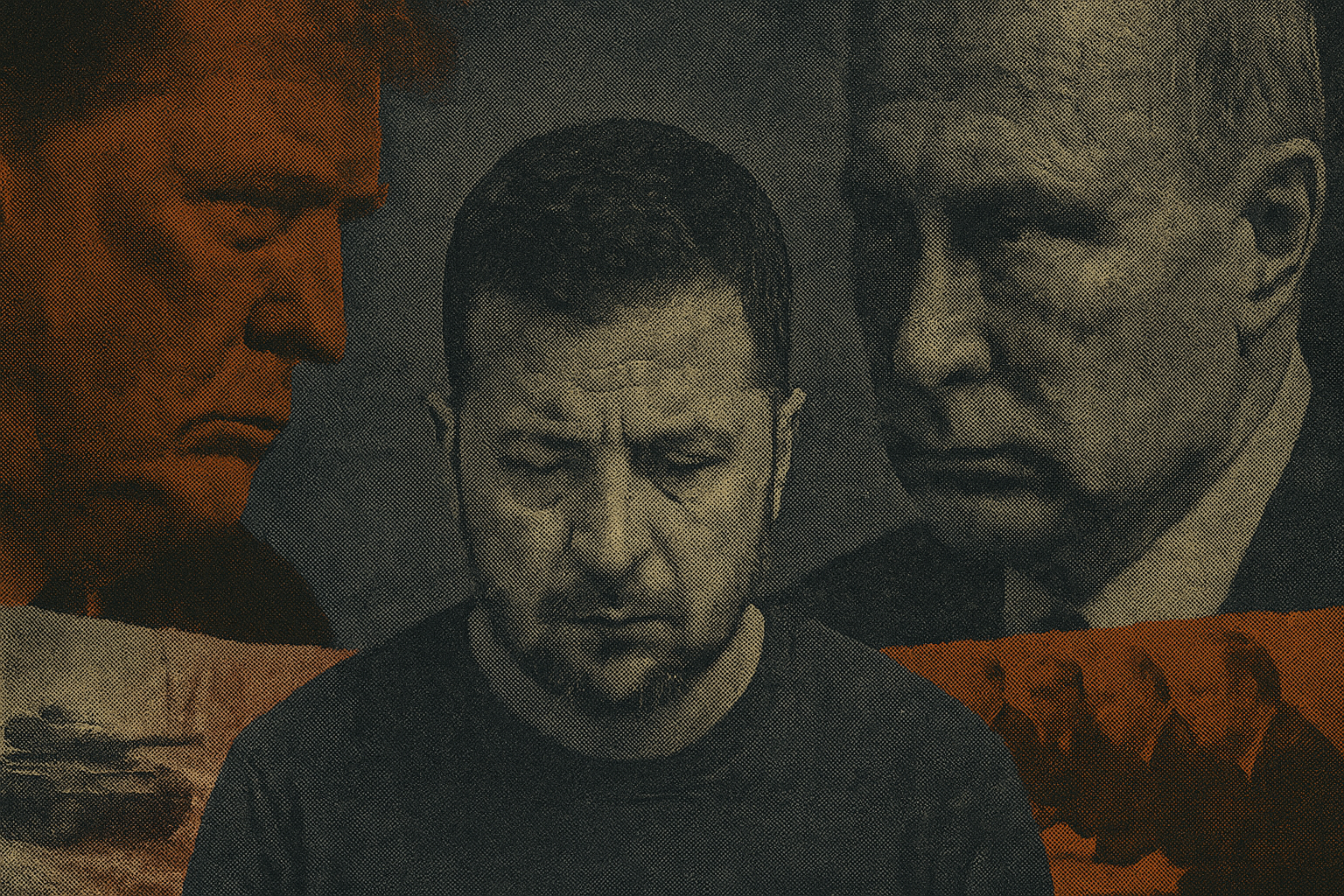News
May 01, 2019
Deportations in Peru – Peru's immigration police deported 40 Venezuelan refugees this week that they said either had criminal records or were living in the country illegally. We are watching this because it's the first mass deportation of Venezuelans we've heard of since their country fell into crisis several years ago, prompting an exodus of some 3 million people. Peru alone hosts more than 700,000 Venezuelan refugees, most of whom arrived in the past year. So far Latin America has mostly avoided the kind of social and political disruptions that large-scale refugee flows have caused in Europe. Is that starting to change?
A new Indonesian capital – Indonesia has announced an ambitious project to move the country's capital away from Jakarta, which is famously traffic-choked, polluted, and steadily sinking into the sea. Relocation of the capital has been discussed for decades, but we are watching to see if it really happens this time and, if it does, whether President Joko Widodo can realize this project without corrupt bureaucrats and builders making it impossibly expensive. Massive construction projects and endemic corruption generally go together like peas in a pod (see "Odebrecht").
What We're Ignoring: Modi's Mangos, Fishy Russian Whales
Modi's Mangos – Journalists have a tough time getting to Indian Prime Minister Narendra Modi, but a Bollywood film star recently pinned him down for an hour-long interview about his personal life, tastes, and approaches to eating mangos, reports the FT. We are ignoring this in part because we like South American mangos better than India's famous Alphonsos (don't @ us), but mainly because we think voters' choices in the largest election in history should be determined by the issues rather than by Bollywood hagiographies or interviews of Mr. Modi.
Russian whale spies – Espionage experts claim that a white whale that approached a Norwegian fishing boat this week wearing a harness fitted with a GoPro camera holder and a label sourcing it to St. Petersburg is a Russian navy-trained spy. We're not impressed by this Bourne Beluga. Somebody sent secret squirrels into Iran in 2007. And the US Navy has trained dolphins to spot underwater mines for decades. We know everyone is on the lookout for Russians these days, but this doesn't cut it.More For You
Nearly four years into Russia's invasion of Ukraine, the push to end the war is intensifying. The past few weeks produced not one but two proposals.
Most Popular
Sponsored posts
The AI economy takes shape
What's Good Wednesdays
What’s Good Wednesdays™, December 3, 2025
Walmart sponsored posts
Walmart's $350 billion commitment to American jobs
- YouTube
Ian Bremmer breaks down why the latest Russia-Ukraine “peace push” is headed back to Moscow and why the outlook is bleak.
Luis Fernando Cerimedo, advisor of Presidential candidate Nasry Asfura of the National Party of Honduras (PN), speaks during a press conference after the general election, in Tegucigalpa, Honduras, December 1, 2025.
REUTERS/Jose Cabezas
There are close presidential races, and then there’s the one in Honduras, where just 515 votes separate the top two candidates following Sunday’s election in the Central American nation.
© 2025 GZERO Media. All Rights Reserved | A Eurasia Group media company.
